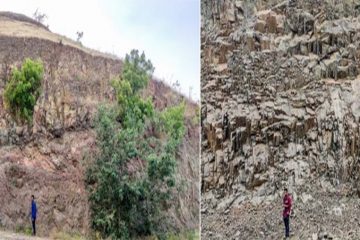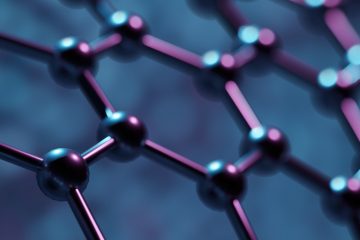
Business Standard Devdiscourse UNIIndia
PK Sinha Center for Bioenergy and Renewables at IIT Kharagpur has organized the DBT National Workshop on Bioenergy (DNWB 2019) in Kolkata on October 17-18, 2019. Funded by the Department of Biotechnology, Government of India, this workshop aims to bring together bioenergy scientists from around the country to promote a national conversation on and solve technological challenges towards achieving the national mission of deploying clean energy to fight climate change.
The workshop provides a rare opportunity to DBT’s five Bioenergy Centers, namely, the DBT-Pan IIT Center for Bioenergy, the DBT-ICGEB Center for Bioenergy, the DBT-IOCL Center, the DBT-TERI Center for Bioenergy, and the DBT-ICT Center for Energy Biosciences, to come together and discuss their bioenergy research, exchange new ideas, and collaborate towards building a renewable energy future for India.

“Climate change is the biggest threat to our species and our planet today. The reasons for climate change in the post-industrialization period are clearly anthropogenic, i.e., caused by human activity. In the last 168 years, the carbon dioxide levels in the atmosphere have increased by 45%, from 285 ppm in 1850 to 415 ppm in 2018,” said Prof. Saikat Chakraborty, Convenor of the workshop.
This sudden increase of atmospheric carbon dioxide concentration in the post-industrialization period has drastically enhanced the Greenhouse Effect, leading to global warming. The year 2017 was the hottest on record (followed by 2018) without an El Nino boost, with an average global temperature rise of 1°C higher since the pre-industrial level in 1850.
“As we are fast approaching the warning limit of 1.5°C of global warming, set by the Paris International Climate Agreement signed by 175 countries, the changes in global climate will be sweeping and devastating. Many small islands will be wiped out, deltas and coastal cities will be submerged,” remarked Prof. Chakraborty.
The glaciers in the Arctic, the Antarctic and the Himalayas are already melting at alarming rates, leading to a whirlwind of severe weather events: floods, tornadoes, hurricanes, severe snowstorms, scorching heatwaves, droughts and wildfires.
“Two hundred living species of plants and animals are going extinct from our planet every single day. In short, life on earth is in peril in a way it’s never been before,” he added.
Coordinated by Prof. Saikat Chakraborty and Prof. Mrinal K. Maiti of IIT Kharagpur, DNWB-2019 aims to bridge the gap between researchers from academia and industries with other professionals within India through various keynote addresses, scientific and technical lectures and poster presentations encompassing the current situation and future trends on various aspects of bioenergy, including combating climate change through biofuels, algal biofuels, lignocellulosic biofuels, and cyanobacterial biofuels. Professor M.S. Ananth, two-time Former Director of IIT Madras, will be the Chief Guest at the workshop’s inauguration program, and Dr. Anjan Ray, Director, Indian Institute of Petroleum Dehradun, will be the Guest of Honour, while Dr. Sangita M. Kasture, Joint Director, DBT, will be representing the Ministry of Science and Technology, Government of India. The keynote addresses will be delivered by Dr. Anjan Ray, Director of IIP-Dehradun, Prof. Debabrata Das, Former MNRE Chair Professor at IIT Kharagpur, and Dr. Santanu Dasgupta, Senior Vice President at Reliance Industries Limited.
Currently headed by Prof. Makarand M. Ghangrekar, the PK Sinha Centre for Bioenergy and Renewables at IIT Kharagpur was incepted on August 31, 2009, by the hands of its founder and patron Dr. Prabhakant Sinha, an illustrious IIT Kharagpur alumnus. This Centre is India’s first Integrated Bioenergy Centre, which is involved in activities such as knowledge in action by partnering with the government, commercial organizations, knowledge dissemination through academia, industry and policymakers. Experts at the Centre are currently working in the areas of Bioethanol, Biodiesel, Biohydrogen, Biomethane, Algal biorefinery, Microbial fuel cells, Genetic engineering of energy crops, etc.
“We are also exploring various biological processes to innovate efficient, economically viable processes for the treatment of waste. Attempts have also been made to overcome the scale-up challenges of microbial fuel cells for the bioremediation of wastewater and electricity generation,” said the Centre’s Head, Prof. Ghangrekar.



